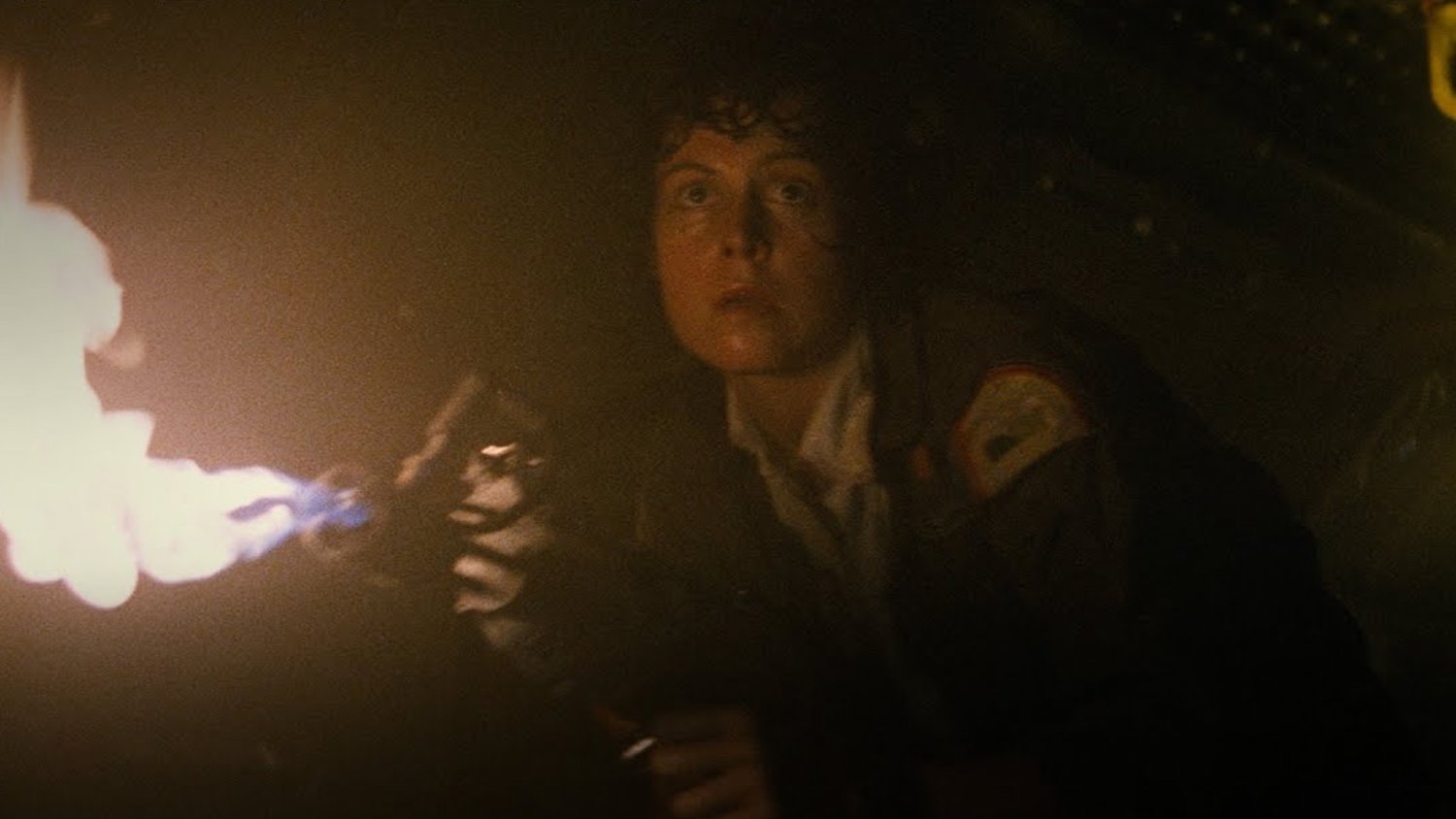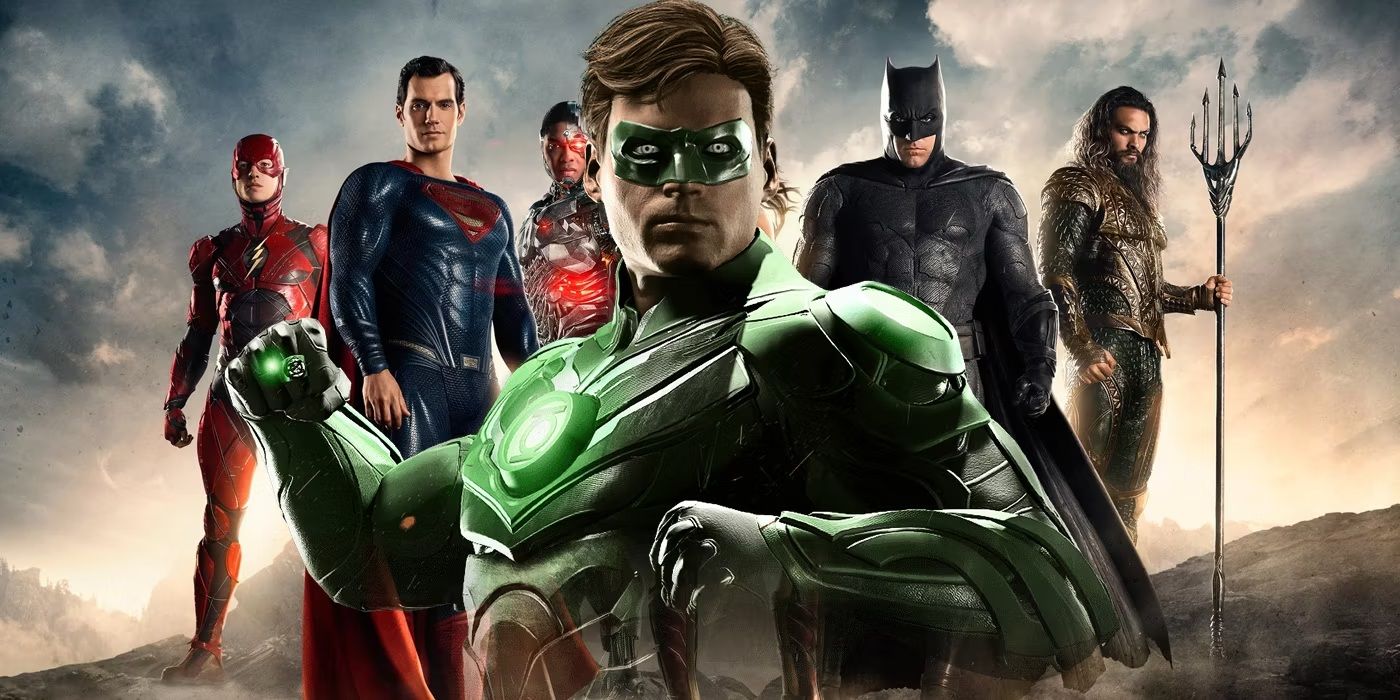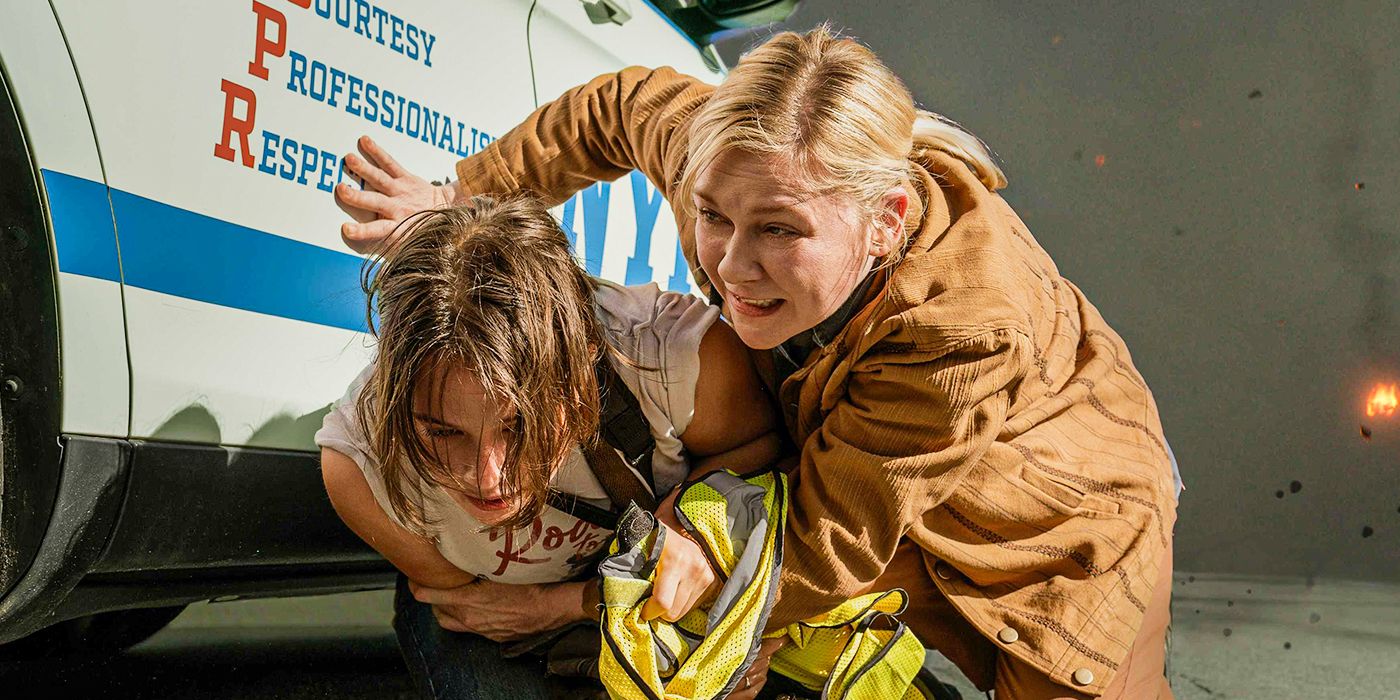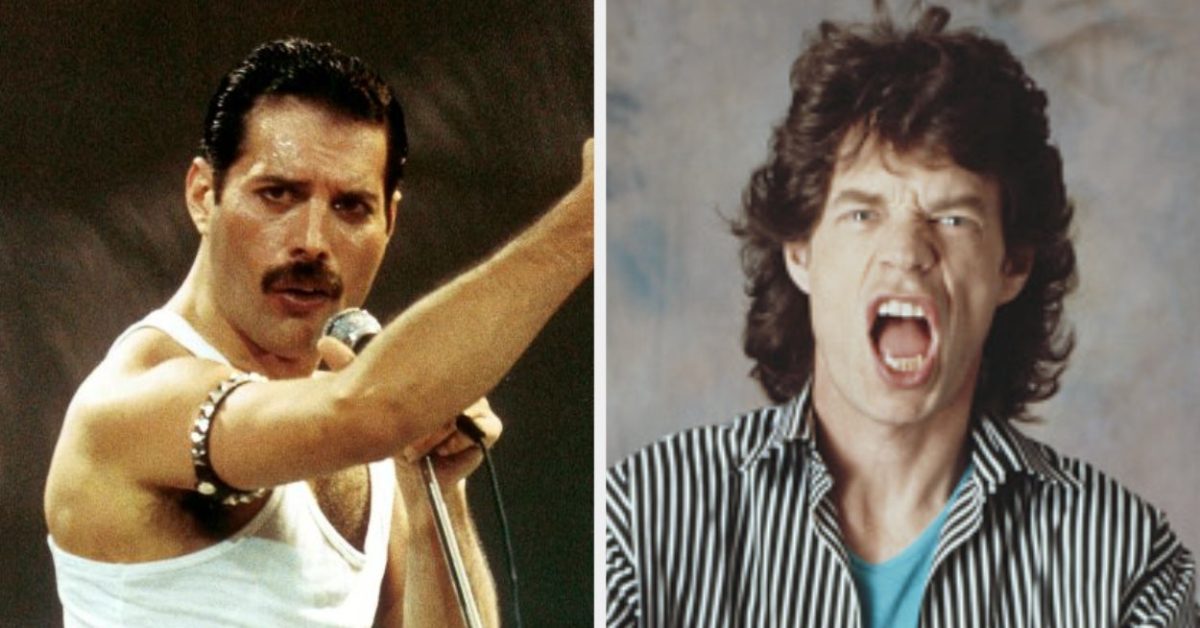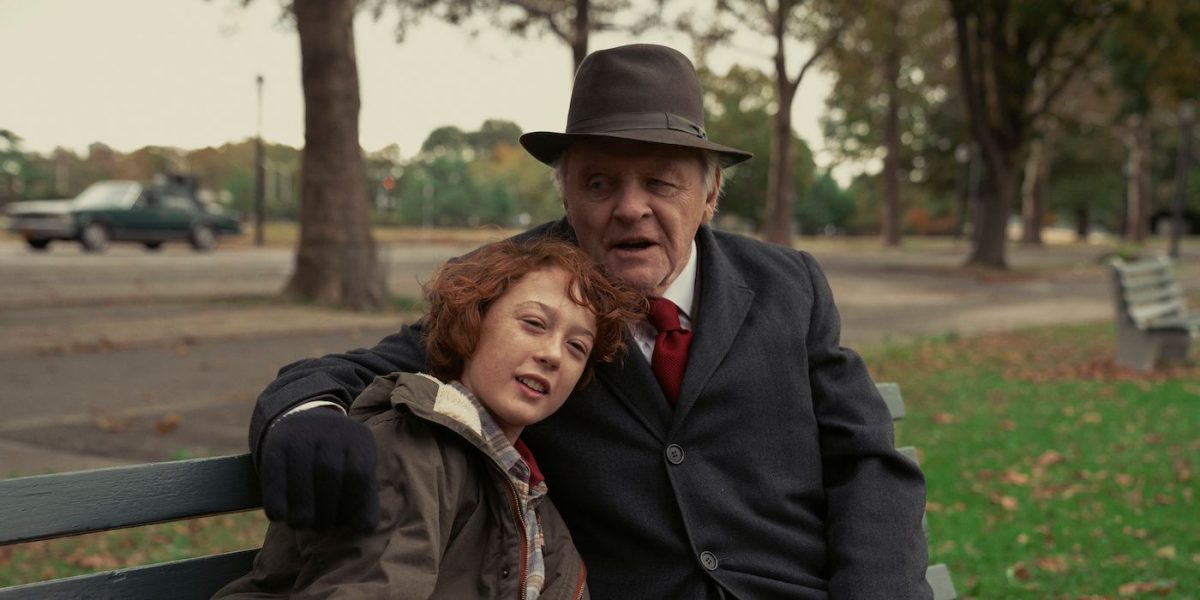
Nostalgia Trip Struggles With Issues of Race
Dec 17, 2022
“Remember your past,” Aaron Rabinowitz (Anthony Hopkins) tells his grandson Paul Graff (Banks Repeta) throughout Armageddon Time, the latest film from writer-director James Gray. Based on Gray’s childhood growing up in 1980s Queens, Armageddon Time does exactly that, as we follow the young Paul as he deals with the difficulties of school, new friendships that challenge him, and parents that don’t know what to do with their son. Through Paul, Gray is telling his own personal story as he remembers it, making himself the main character in this nostalgic journey—which makes perfect sense. Yet when you make yourself the main character of your own story, it can also make the others around you feel like supporting characters in the film of your life, even if they were living, breathing people with their own problems, agency, and issues.
COLLIDER VIDEO OF THE DAY
Armageddon Time is very much Gray’s attempt at telling a coming-of-age story, coming on the heels of some of his biggest films yet: the space-hopping drama of 2019’s Ad Astra and the Amazonian adventure of The Lost City of Z. Gray imbues Armageddon Time with ideas that remind us what it was like to be a kid again. Through Paul Graff, we see the misunderstandings of children who don’t know better, like when he brags that his family is rich, when in reality, they’re seemingly trying to survive in the middle-class and striving for better. We also see the carelessness of children, how an unconsidered choice can cause a massive impact in unexpected ways, whether through abandoning a field trip or smoking a joint in school, and how the ultimate punishment comes in the anger and disappointment of parents. The beauty of Armageddon Time comes in Gray’s ability to present this world through the eyes of a child—for better and for worse.
This childish lack of consideration for one’s choices becomes integral to Armageddon Time’s DNA from the very first scene. When we first meet Paul Graff, he gets in trouble in class for creating an impressively accurate drawing of his teacher, Mr. Turkeltaub (Andrew Polk). Paul wants to be an artist, but his ambitions get him in trouble, and his parents Esther and Irving (Anne Hathaway and Jeremy Strong) hope that this will become more of a hobby than an actual job path. Mr. Turkeltaub also holds a grudge against Johnny (Jaylin Webb), a Black student who was held back and almost immediately gets in trouble in this new school year. Turkeltaub brings these two to the front of the class while he teaches, and behind their back, Paul does a little dance, which makes the rest of the class laugh. Turkeltaub brags that he has eyes in the back of his head, and immediately blames Johnny for this interruption. But Paul doesn’t correct the teacher when he realizes there are no repercussions for this action: he simply lets Johnny take the blame for his choices.
Image via Focus Features
RELATED: ‘Ad Astra,’ ‘Armageddon Time,’ and the Lost Souls of James Gray Films
While this moment at first seems like a throwaway example of the casual racism inherent in this period, it becomes a key theme throughout Armageddon Time: an attempt to stand up for those who don’t have the same advantages as you, and how the current generation should always try to make things better for the next generation. Gray’s intent in making this point certainly feels like it’s coming from the right place, and through Paul, we see that Gray still likely struggles with the moments in his young life when he didn’t stand up and decided to avoid that fear of getting in trouble. But in Gray’s exploration of these moments from childhood, Johnny becomes more of a tool for Paul to learn lessons than an actual person. Gray his telling his story, yes, but he’s also putting himself in charge of Johnny’s story, and in that aspect, Armageddon Time finds its biggest flaws.
Through Johnny, it’s clear that the systems put in place have failed him consistently. Gray implies that Johnny might have a learning disability that causes him to struggle in Mr. Turkeltaub’s class, and Johnny discusses his sick grandmother, who social services wants to separate him from. At one point in the film, Gray makes it obvious that the system works for one group and not the other, when a cop directly tells Paul they can help him, whereas Johnny isn’t given the same opportunity to receive assistance. While Paul takes for granted what he has been given, Johnny accepts the hand that he’s been dealt and attempts to do what he can with what he’s been offered.
Gray sets up Johnny to be a fascinating character for deeper exploration, but in execution, Gray makes him little more than a tool through which Paul learns lessons. Not only in the early act of classroom cowardice, but throughout the film, we see moments where Paul should’ve stood by his closest friend, and instead took the easy route that wouldn’t get him in trouble. That is sort of Gray’s point, that doing the right thing isn’t always the easy option, yet after a while, Johnny becomes a plot device to Paul’s story, a memory of the times Paul failed at life, and not a close friend that was there for him during this period in his life.
Image via Focus Features
Which is a shame, considering how well Gray fleshes out the other parts of Paul’s life, like the uncomfortable nature of going to a new school, and the wild dynamics during family dinners. The greatest bond in Armageddon Time comes from Paul’s relationship with Hopkins’ Aaron, a child-at-heart who embraces Paul’s strengths, while trying to push him in the right direction. In a world full of adults who don’t seem to care about what he wants, Paul finds solace in his grandfather, who seems to genuinely be the only one who cares about Paul’s ambitions and interests. Gray writes this friendship between grandfather and grandson with such tenderness and care that it’s understandable to see why this bond meant so much to Gray.
Gray also excels at showing the multiple sides of parents that children see at a young age. For example, when we first meet Jeremy Strong’s Irving, it seems as though Paul views him as an awkward father who is unintentionally comical in his own way. Yet through the eyes of Paul, we also see Irving as a vengeful father who takes his punishments too far, a man constantly dealing with not being good enough, and a husband who doesn’t understand quite how to help his wife in the ways she needs. Similarly, Hathaway’s Esther mostly puts on a smiling face for her youngest son, yet Paul sees parts of her that he never noticed when she’s off her guard or he’s not considerate of her feelings. Strong attacks the father role with a combination of aggression and desperation that makes him effective, even when Irving is ineffectual, while Hathaway shows all the layers of what she’s hiding underneath her smile in every scene.
Image via Focus Features
It’s when Gray focuses on Paul’s family and Paul’s struggles with growing up that Armageddon Time is at its most fully realized. Gray feels like he’s bringing honest moments from his childhood to the screen, from the horrific story of his Jewish great-grandmother fleeing Ukraine, to the agonizing conversations Paul has on the playground. Gray shows that to his Jewish household, Paul is not only the hope for the next generation, but an opportunity to make the world a better place. Through this, we see Paul’s extreme privilege, his guilt for said privilege, and a loss of innocence. Unfortunately, Gray’s way of showing this attempt to improve the world around him and the failures to do so come at the cost of Johnny, but again, this choice never feels malicious in its handling, just misguided.
In a year full of directors telling their personal stories, with Steven Spielberg’s The Fabelmans and Alejandro González Iñárritu’s Bardo, Gray’s Armageddon Time is at least attempting to dive into larger cultural issues with his nostalgic trip down memory lane. Aided by the cinematography from his frequent collaborator, Darius Khondji, Gray makes home feel both like a welcoming place of freedom at some times, and a prison in others. In a filmography that is full of impressive journeys through space, history, and staggering emotions, Armageddon Time feels like one of Gray’s most ambitious tales so far, even if it isn’t quite as effective in presenting its ideas as it should be. Armageddon Time has the best of intentions, showing that in the story of one’s life, those who make us who we are can be just as important as the main character—it’s just a shame not everyone gets that same level of importance here.
Rating: B
Armageddon Time is in theaters now.
Publisher: Source link
Taylor Swift Appears To Slam Fans Who Condemned Matty Healy Relationship
In Feb. 2023, Matty sparked further backlash during an appearance on The Adam Friedland Show podcast, during which he laughed while rapper Ice Spice was referred to as a “chubby Chinese lady” and “a fucking Eskimo.” A range of accents…
Apr 23, 2024
Halle Bailey Says She's Suffering From "Severe" Postpartum Depression
Halle Bailey's postpartum struggles have come in waves. The Little Mermaid actress opened up about the mental health challenges she's faced as a new mom since welcoming her baby boy Halo with... Disclaimer: This story is auto-aggregated by a computer program and has not been created…
Apr 23, 2024
I Just Read That 50% Of People Under 40 Don't Know Who These Bands Are. Please Tell Me You Do.
Make me proud.View Entire Post › Disclaimer: This story is auto-aggregated by a computer program and has not been created or edited by filmibee.Publisher: Source link
Apr 22, 2024
Taylor Swift’s PDA Video With Travis Kelce Shows Their True Alchemy
"Loml": In this moving track, Taylor first sings about being called the love of someone's life "about a million times." However, the dynamic soon changed. "If you know it in one glimpse, it's legendary," she notes. "What we thought was…
Apr 22, 2024
